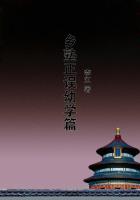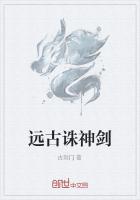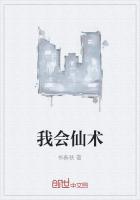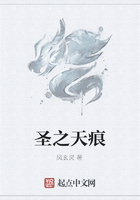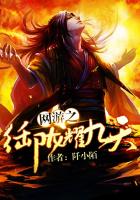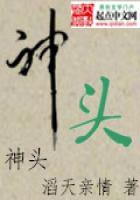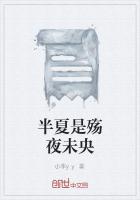"In the first ages of Christianity, when the fathers of the Church, the Jews, and the Heathen philosophers were so warmly engaged in controversy, there is reason to believe that pious frauds were not uncommon: and that when one party suspected forgeries, instead of an attempt at confutation, which might have been difficult, they had recourse perhaps to a countermine: and either invented altogether, or eked out some obscure traditional scraps by the embellishments of fancy.
When we consider, amongst many literary impositions of later times, that Psalmanazar's history of Formosa was, even in this enlightened age and country (England, about 1735), considered by our most learned men as unquestionably authentic, till the confession of the author discovered the secret, I think it is not difficult to conceive how forgeries of remote events, before the invention of printing and the general diffusion of knowledge might gain an authority, and especially with the zealous, hardly inferior to that of the most genuine history."De Vinne, however, in his "Invention of Printing,"New York, 1878, best explains the status quo of those times, relative not only to book (MSS.) making, and methods of circulation, but the causes which led up to their eventual disappearance and the literary darkness which ensued. His remarks are so pertinent that they are quoted at length:
"The civilization of ancient Rome did not require printing. If all the processes of typography had been revealed to its scholars the art would not have been used. The wants of readers and writers were abundantly supplied by the pen. Papyrus paper was cheap, and scribes were numerous; Rome had more booksellers than it needed, and books were made faster than they could be sold. The professional scribes were educated slaves, who, fed and clothed at nominal expense, and organized under the direction of wealthy publishers, were made so efficient in the production of books, that typography, in an open competition, could have offered few advantages.
"Our knowledge of the Roman organization of labor in the field of bookmaking is not as precise as could be wished; but the frequent notices of books, copyists and publishers, made by many authors during the first century, teach us that books were plentiful. Horace, the elegant and fastidious man of letters, complained that his books were too common, and that they were sometimes found in the hands of vulgar snobs for whose entertainment they were not written. Martial, the jovial man of the world, boasted that his books of stinging epigrams were to be found in everybody's hands or pockets. Books were read not only in the libraries, but at the baths, in the porticoes of houses, at private dinners and in mixed assemblies. The business of bookmaking was practised by too many people, and some were incompetent. Lucian, who had a keen perception of pretense in every form, ridicules the publishers as ignoramuses. Strabo, who probably wrote illegibly, says that the books of booksellers were incorrect.
"The price of books made by slave labor was necessarily low. Martial says that his first book of epigrams was sold in plain binding for six sesterces, about twenty-four cents of American money; the same book in sumptuous binding was valued at five denarii, about eighty cents. He subsequently complained that his thirteenth book was sold for only four sesterces, about sixteen cents. He frankly admits that half of this sum was profit, but intimates, somewhat ungraciously, that the publisher Tryphon gave him too small a share. Of the merits of this old disagreement between the author and publisher we have not enough of facts to justify an opinion.
We learn that some publishers, like Tryphon and the brothers Sosii, acquired wealth, but there are many indications that publishing was then, as it is now, one of the most speculative kinds of business.
One writer chuckles over the unkind fate that sent so many of the unsold books of rival authors from the warehouses of the publisher, to the shops of grocers and bakers, where they were used to wrap up pastry and spices; another writer says that the unsold stock of a bookseller was sometimes bought by butchers and trunk makers.
"The Romans not only had plenty of books but they had a manuscript daily newspaper, the Acta Diurna, which seems to have been a record of the proceedings of the senate. We do not know how it was written, nor how it was published, but it was frequently mentioned by contemporary writers as the regular official medium for transmitting intelligence. It was sent to subscribers in distant cities, and was, sometimes, read to an assembled army. Cicero mentions the Acta as a sheet in which he expected to find the city news and gossip about marriages and divorces.
"With the decline of power in the Roman empire came the decline of literature throughout the world. In the sixth century the business of bookmaking had fallen into hopeless decay. The books that had been written were seldom read, and the number of readers diminished with every succeeding generation. Ignorance pervaded in all ranks of society. The Emperor Justin I, who reigned between the years 518 and 527, could not write, and was obliged to sign state papers with the form of stencil plate that had been recommended by Quintilian.


